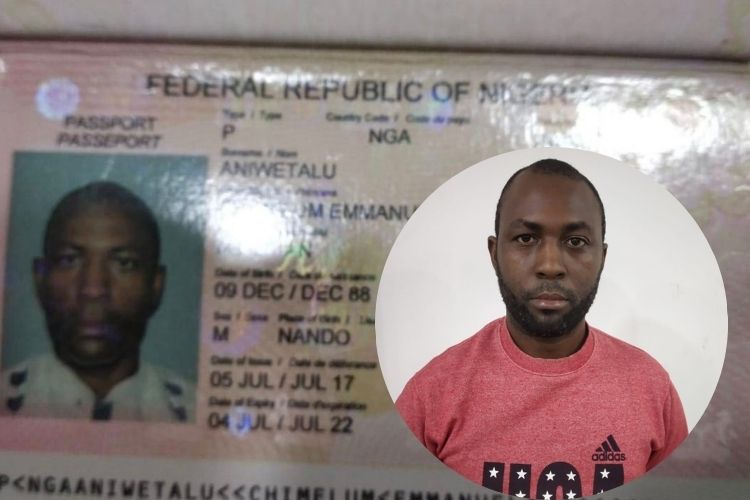WhatsApp Hackers Arrested By Delhi Police Unit

Hacker
NEW DELHI: A WhatsApp hacking syndicate was unearthed and a foreign national was arrested by the Cyber Crime Unit of Delhi Police Special Cell.
The syndicate’s headquarters were in Delhi and Bengaluru. Chimelum Emmanuel Aniwetalu, also known as Maurice Degri, has been identified as the main accused.
The Delhi Police’s Special Cell’s newly created strategic fusion and strategic operations (IFSO) unit got a report that the complainant’s phone had been hacked by an unknown person. According to the complaint, the accused gained access to the complainant’s WhatsApp account and began sending distress messages to the complainant’s contacts, demanding money.
The accused had also given the complainant’s connections a bank account to which the money could be sent. An investigation was launched after a case was filed with the Delhi Police.
One of the suspects was identified as a result of the technical investigation and human intelligence. Chimelum Emmanuel Aniwetalu, the accused, was arrested under the proper provision of the law.
He was found to be in possession of 15 cell phones and one laptop. The confiscated laptop demonstrates that they are using apps to create numerous malware linkages.
“The accused used to distribute specially developed malware masquerading as a legitimate program to the victims’ devices. The accused used to make a specialized application for each victim that, once downloaded and installed on the victim’s phone, would transfer the victim’s contacts, call logs, and SMSes to the accused server,” explained a senior Delhi Police officer.

During interrogation, it was discovered that the accused was also involved in various sorts of inducement and dishonesty. The identical thing was discovered during the forensic investigation.
“The most common method was to befriend several social media users by portraying them as women. Once the individual gained confidence in his false profile, he would then send a link that was disguised as a link for joining a new social media group. When a person clicks on that link, they relinquish control of their social media profiles. Following that, Emmanuel exploited the social media profiles for his malicious purposes,” the officer explained.
It was also found that he was involved in deceiving under the guise of selling herbal seeds, in which he would first build a fake demand at an exorbitant price, then deliver the same at a lesser price through another source.
The victim would generally be deceived or defrauded of the money invested in the seeds as a result of this method. It was also discovered that the accused was cheating under the guise of establishing social media connections.
He used to mimic a woman and then lure the victim in by claiming that she had sent a valuable present and that various costs must be paid in order for the item to be delivered.
It was also discovered that Emmanuel was remaining in India after his legitimate VISA had expired. In 2018, his tourist visa expired, and he forged paperwork claiming to be a United Nations asylum seeker. In this matter, a separate complaint under section 188 IPC and Section 14 C Foreigner Act has been filed at PS-Mohan Garden. The owner of the residence, who had rented his property to the apprehended foreigner, has been charged.







